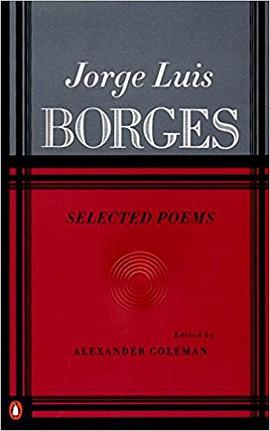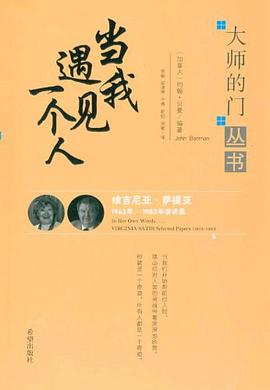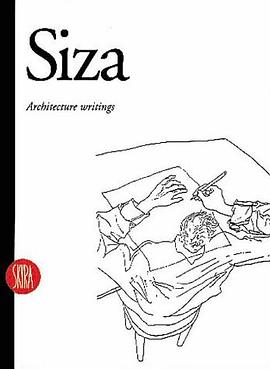SELECTED POEMS Jorge luis borges
内容简介
Poetry is the heart of Borges' metaphysical, mythical, and cosmopolitan oeuvre, and this bilingual collection of nearly 200 poems aptly forms the centerpiece of a triptych of new volumes that began with Borges' fiction and will conclude with nonfiction. Borges' first published works were poems, and it was poetry he returned to in his later years once his eyesight began to fail. Borges acknowledged the persistence and significance of poetry in his 1960 poem "Ars Poetica": "To see in death sleep, and in the sunset/a sad gold--such is poetry,/Which is immortal and poor. Poetry/Returns like the dawn and the sunset." Over the decades, Borges pondered time, conjured the many moods of his beloved Buenos Aires, and wrote of tigers, rivers, mirrors, and the moon, often in response to the musings of great poets and novelists of the past. Editor Coleman commissioned a wealth of new translations for this unprecedented and invaluable collection, and the roster of translators includes such luminaries as Robert S. Fitzgerald, W. S. Merwin, Mark Strand, and John Updike.
--Donna Seaman; Copyright© 1999, American Library Association. All rights reserved
Until recently, English translations of Borges' poetry have been exceedingly rare. Only now, with the release of Selected Poems, can a reader ignorant of Spanish enjoy the marvelous poetry of Jorge Luis Borges. For that reason, this section of "Borges' Works" remains incomplete and very sketchy. I would certainly welcome any commentary from Spanish-speaking visitors! Until then, I will offer a few words touching the new Viking collection; and merely outline the twelve or so volumes comprising Borges' poetic oeuvre, filling them in as I progress through the poems sampled in Selected Poems.
......(更多)
作者简介
Jorge Luis Borges was an Argentine writer and poet born in Buenos Aires. In 1914, his family moved to Switzerland where he attended school and traveled to Spain. On his return to Argentina in 1921, Borges began publishing his poems and essays in Surrealist literary journals. He also worked as a librarian and public lecturer. Borges was fluent in several languages. He was a target of political persecution during the Peron regime and supported the military juntas that overthrew it.
Due to a hereditary condition, Borges became blind in his late fifties. In 1955, he was appointed director of the National Public Library (Biblioteca Nacional) and professor of Literature at the University of Buenos Aires. In 1961, he came to international attention when he received the first International Publishers' Prize Prix Formentor. His work was translated and published widely in the United States and in Europe. He died in Geneva, Switzerland, in 1986.
J. M. Coetzee said of Borges: "He, more than anyone, renovated the language of fiction and thus opened the way to a remarkable generation of Spanish American novelists."
......(更多)
目录
......(更多)
读书文摘
......(更多)






